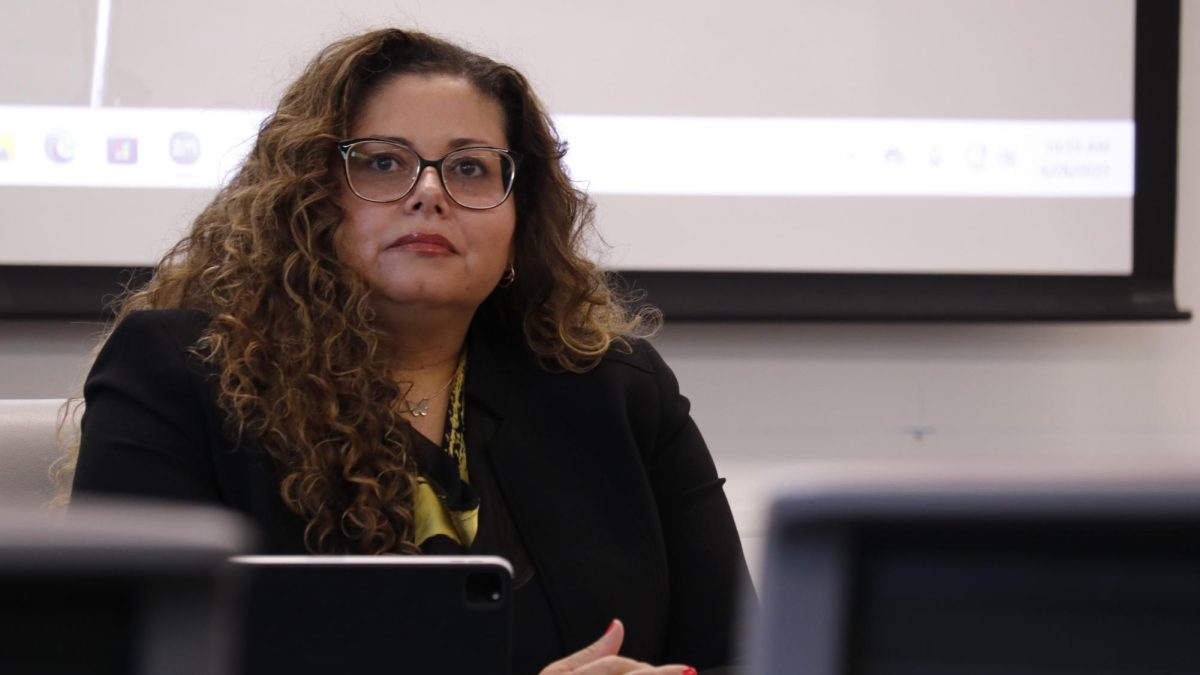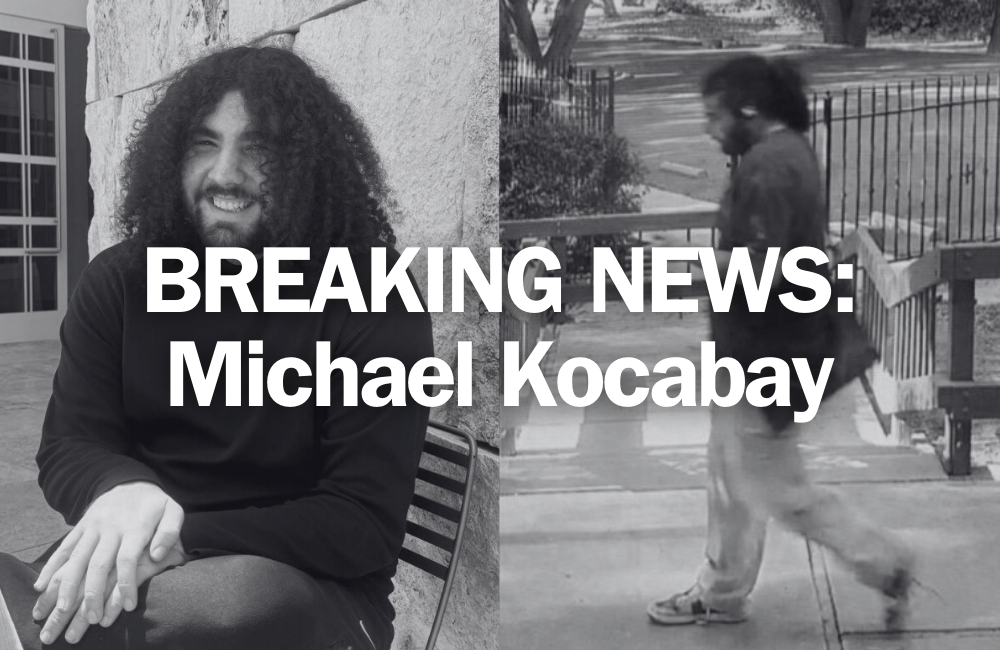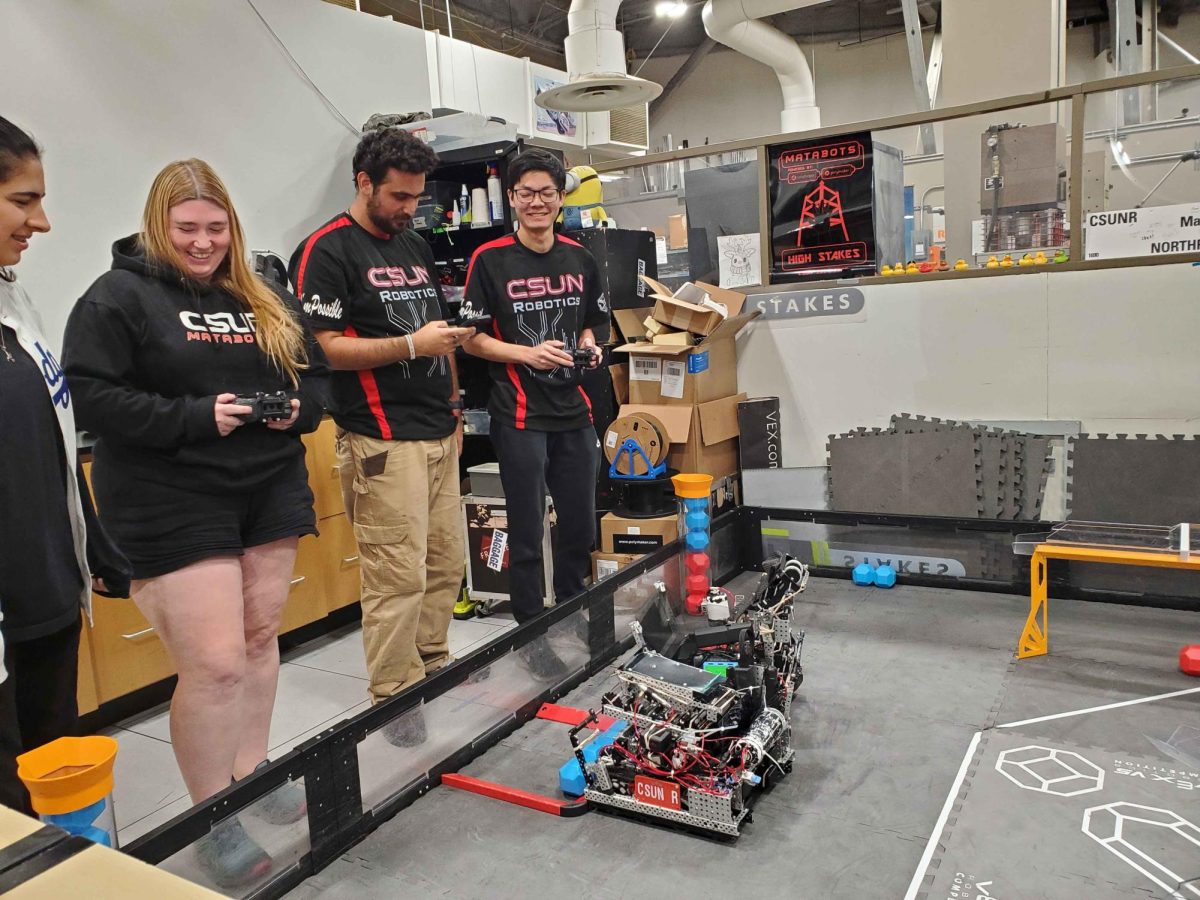Faculty from CSUN’s Central American Studies program are collaborating with officials in El Salvador to share their knowledge and gain insight into the culture of the country.
Dr. Douglas Carranza, chair of CAS, and cultural studies and literature professor Dr. Beatriz Cortez, are participating in the program discussing the nation’s culture, identity and history.
A total of 24 professors from various disciplines around the world, including history and , philosophy are participating, Cortez said. Two faculty members from different disciplines will be teaching on topics each month.
“It is going to give our faculty the opportunity to work closely with university faculty and officials in El Salvador to understand the culture and bring that knowledge back to our students,” said Elizabeth Say, dean of the College of Humanities.
Participants coming from all over El Salvador will use an online platform, similar to Moodle, to post materials and readings and hold discussions. After one month of discussing a particular topic, the professor then travels to El Salvador and all the participants meet for a lecture, according to Cortez.
Carranza and Cortez helped developed the curriculum with professors and officials from the Universidad Centroamericana (UCA) and the National Direction of Research on Culture and Arts in El Salvador after their trip to El Salvador last summer.
Part of the department’s mission is the recognition of cultural diversity and trans-nationalism which is part of this program, Cortez said.
“People there know their municipalities really well and they have good ideas,” Cortez said. “What we wanted to do with this program was provide them the methodological and theoretical tools to put together a project with a community that has that background about the nation and about culture.”
Carranza, who was present for the launch of the program, taught about the concept of the nation.
“I was happy to represent CSUN and the Central American studies program. We were able to dissect this idea of the nation by moving that idea of the nation outside of El Salvador,” Carranza said. “We are moving theoretically these ideas beyond CAS and CSUN by extending that knowledge in El Salvador with this particular program. It’s like teaching in classrooms here except you know that you are impacting on a national level.”
According to Carranza, there are about 3 million Salvadorians living in the U.S.
“Salvadorians that live here in the United States are creating culture and that is something unique. It changes the way you speak the way you dance, everything,” Carranza said.
CSUN has the only Central American Studies program offering a bachelor’s degree in the nation. Carranza commented on the impact their collaboration with officials in El Salvador will have on the students in the Central American Studies department.
“Classes have been impacted because we have first-hand knowledge of the cultural production of these small localities which is quite difficult to have access to and is something that we usually get from books,” Carranza said. “But by interacting with those people who are advocating culture, we gain that knowledge.”




